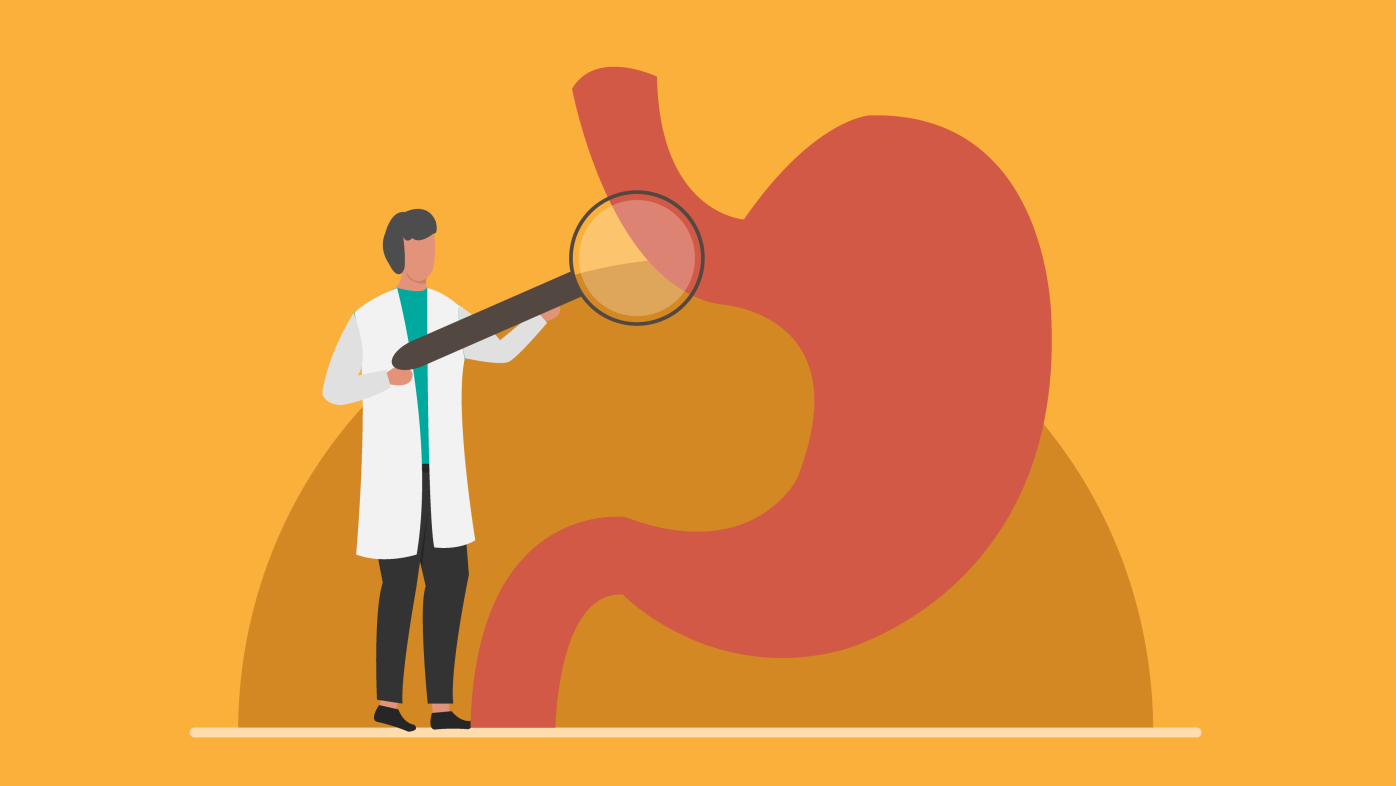
When colorectal cancer spreads
Colorectal cancer can spread silently with few symptoms, making screening and early detection vital..
Pop quiz: Which of these is NOT a warning sign for heart disease?
a. Chest pain
b. High blood pressure
c. Short stature
d. None of the above
If you answered "none of the above," you're right. These are all warnings signs of heart disease.
Chest pain and high blood pressure may be familiar warning signs of an unhealthy heart. But there are other, perhaps lesser known indicators — such as being vertically challenged — that may hint at heart and vascular problems. Here are six surprising risk factors and warning signs of heart disease.
Sexual dysfunction
Trouble performing in the bedroom may be related to blood vessels not working well. Although sexual dysfunction and heart disease are two separate medical concerns, they share a common underlying problem — a poorly functioning circulatory system.
Tip:
Making healthy lifestyle choices, such as exercising regularly, can help treat sexual dysfunction and decrease your risk of cardiovascular disease. Also, talk with your doctor about whether taking a daily aspirin could improve cardiovascular health.
Male pattern baldness
Studies have linked hair loss in men to cardiovascular conditions, such as nonfatal heart attacks and chest pain. "A shedding mane may be due to limited blood circulation to the hair follicles," says Dr. Bryant Nguyen, a cardiologist affiliated with Sharp Grossmont Hospital. "However, male pattern baldness could also be caused by other factors, such as smoking, high blood pressure or having a genetic predisposition to heart disease."
Tip:
Know your family history of male pattern baldness and heart disease. If either condition runs in your family, take extra steps to prevent high blood pressure and cholesterol levels. And if you smoke, quit.
Snoring and sleep apnea
Those with sleep apnea or who snore due to obstructed airways may be at higher risk for stroke, according to researchers. Intermittent breathing while sleeping deprives your body of enough oxygen. When this occurs, your brain triggers an alert. This can drive up blood pressure, making your heart beat faster, which may damage blood vessels over time.
Tip:
If you have sleep-disordered breathing, talk with your doctor about getting a sleep test and ways to improve your quality of sleep.
Plastic
Bisphenol A (BPA), a chemical found in hard plastic food and beverage containers, has a molecule that mimics estrogen's effects. Too much estrogen can lead to an increased risk of heart disease in women.
Tip:
Instead of number 7 plastic food and drink containers, use stainless steel, glass or ceramic ones. Also, do not heat up food or beverages in plastic containers, because it can cause chemicals from the plastic to leak into them.
Short stature
A British study found that for every 2.5-inch increase in height, risk of coronary artery disease decreases by 13.5 percent. Although the connection between height and heart disease is complex, the researchers suggest that it could be that genes for height are linked to cholesterol and fat levels in shorter people.
Tip:
"Although you can't control your genes, you can take control of your heart health by eating a more plant-based diet and maintaining an active lifestyle," says Dr. Nguyen.
Grip strength
Got a good grip? Researchers found that grip strength is a stronger predictor of heart disease-related death compared to blood pressure. For every 11-pound decrease in grip strength, there was a 17 percent increased risk of death from heart disease, a 7 percent increased risk of heart attack and a 9 percent increased risk of stroke.
Tip:
If your grip strength is very weak, it may be a sign of poor overall health. An exercise regimen will improve your health and add the benefit of increasing your overall strength.
Our weekly email brings you the latest health tips, recipes and stories.